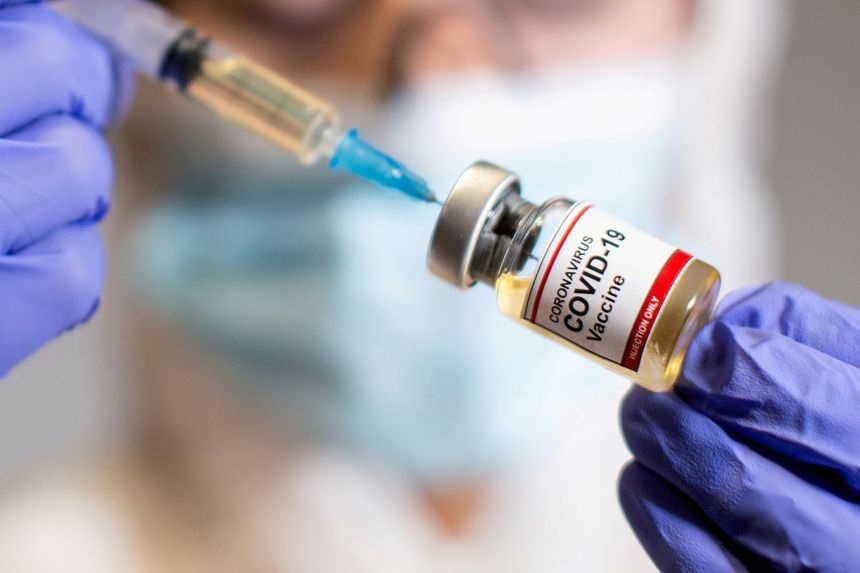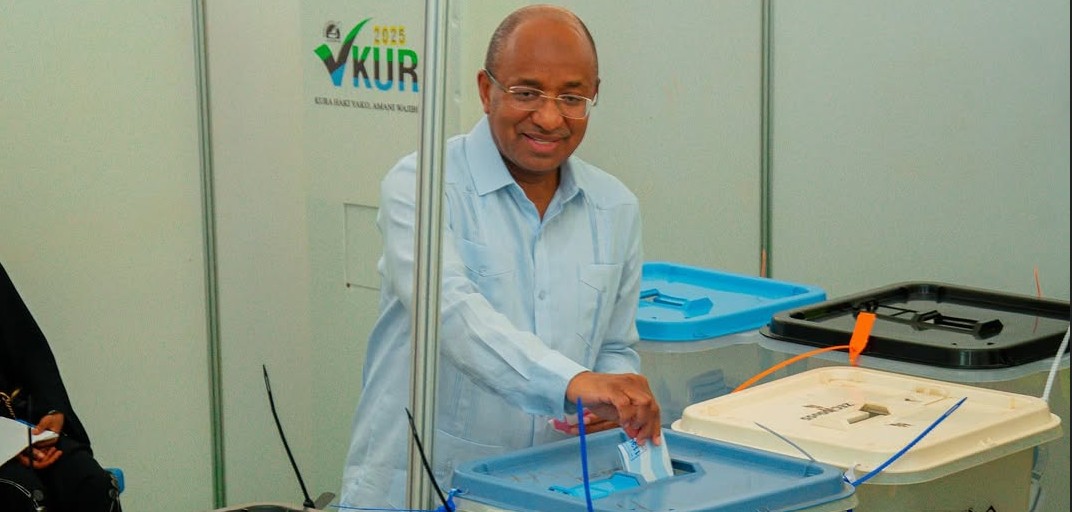Study finds Covid-19 infection during pregnancy may affect child brain development

The study showed that over 16 per cent of children exposed to COVID-19 in the womb were diagnosed with a neurodevelopmental disorder, compared with less than 10 per cent among those whose mothers were not infected.
A study published in the Obstetrics and Gynaecology journal has found that COVID-19 infection during pregnancy is linked to a higher likelihood of autism and other neurodevelopmental differences, such as delays in speech and motor skills, among children.
The research analysed data from more than 18,000 births within the Mass General Brigham health system in Boston, US, between March 2020 and May 2021, tracking laboratory-confirmed maternal COVID-19 infections and subsequent neurodevelopmental diagnoses in children up to age three.
More To Read
- Study finds Covid-19 mRNA vaccines may boost cancer immunotherapy
- Study finds no link between Covid-19 vaccines and birth defects in newborns
- MPs fault procurement authority for weak laws on COVID-19 tenders
- Kenya backs IGAD's initiative to boost pandemic preparedness
- Africa: A tentative start in mass vaccine production
- Covid infection ages blood vessels, especially in women, study shows
The study showed that over 16 per cent of children exposed to COVID-19 in the womb were diagnosed with a neurodevelopmental disorder, compared with less than 10 per cent among those whose mothers were not infected. After accounting for other risk factors, this represented a 1.3-fold higher risk.
The link was strongest among boys, and when the infection occurred in the third trimester, a critical period for brain development. The most common diagnoses included speech and motor delays as well as autism.
About 2.7 per cent of children whose mothers had COVID-19 during pregnancy were diagnosed with autism, compared with about 1.1 per cent of those unexposed. The researchers noted that these findings align with existing biological evidence suggesting that maternal immune activation during infection may affect fetal brain development.
Because the study period occurred early in the pandemic, before vaccines were widely available, most of the mothers in the dataset were unvaccinated, allowing researchers to focus on the effects of infection itself. The findings indicate that, like other infectious illnesses in pregnancy, COVID-19 may influence fetal brain development and reinforce the importance of preventing maternal infection.
The findings indicate that about three out of every hundred children born to mothers with COVID-19 were later diagnosed with a neurodevelopmental condition such as autism, compared with about two out of every hundred children whose mothers were uninfected.
Although this difference is small in absolute terms, it was statistically meaningful. The link appeared stronger in boys and was most pronounced when infection occurred later in pregnancy, particularly during the third trimester.
These findings suggest that COVID-19 infection during pregnancy might slightly raise the risk of autism or other developmental differences in children. Scientists believe the virus itself rarely reaches the fetus, but the mother's immune response and inflammation during infection may subtly affect the developing brain.
However, this represents a possible association, not definitive proof of causation. Other factors, including illness severity, maternal stress, genetics, access to prenatal care, and broader disruptions caused by the pandemic, may also play a role.
This research adds to growing evidence that COVID-19 infection during pregnancy might slightly increase the odds of autism or related developmental conditions, though the precise mechanisms and long-term effects are not yet clear.
A related study, "Sex-Specific Neurodevelopmental Outcomes Among Offspring of Mothers With SARS-CoV-2 Infection During Pregnancy", published in JAMA Network Open in 2023, examined a similar question using data from 18,355 live births at the same health system. Of these, 883 infants were born to mothers who tested positive for SARS-CoV-2 during pregnancy, while 17,472 were unexposed.
Researchers reviewed medical records for developmental diagnoses during the first year of life, including speech and language delays, coordination disorders, and autism. By 12 months, 3.0 per cent of infants exposed to maternal infection had a neurodevelopmental diagnosis, compared with 1.8 per cent of those unexposed. After adjusting for other factors, infants exposed in utero had nearly twice the odds of such a diagnosis, with an adjusted odds ratio of 1.86.
The association was stronger in male infants and was most evident when infection occurred during the third trimester. Most mothers in the study had mild or moderate illness, suggesting that even non-severe infections could be linked to developmental differences.
The researchers proposed that maternal immune activation, specifically elevated inflammatory molecules such as interleukin-6, might influence fetal brain development without direct viral transmission.
While the relative increase in risk was notable, the absolute difference was small, equivalent to roughly one or two additional neurodevelopmental diagnoses per hundred infants. The findings were based on early-life assessments, when many developmental conditions may not yet be apparent.
Nonetheless, the results highlight the potential neurodevelopmental impact of maternal COVID-19 infection and the importance of preventive measures such as vaccination and infection control during pregnancy.
Overall, current evidence points to a possible, modest increase in neurodevelopmental risk among children born to mothers infected with SARS-CoV-2 during pregnancy, particularly in boys or in cases of later-term infection.
However, research on this topic is still evolving, and some well-designed studies have found no significant differences in development up to 24 months of age. Longer-term follow-up will be necessary to clarify whether these early signals represent lasting effects or temporary differences that resolve over time.
Top Stories Today














































